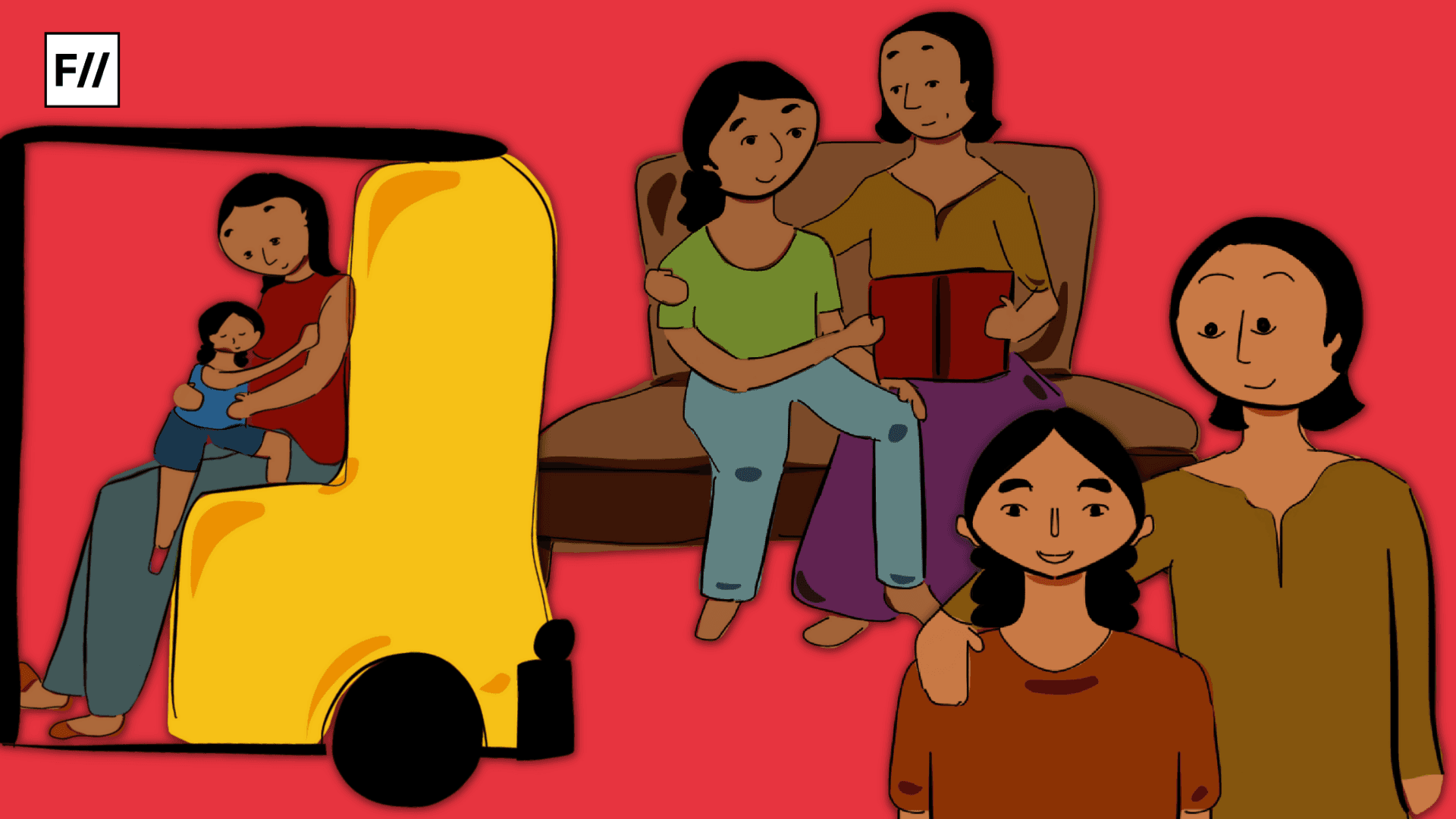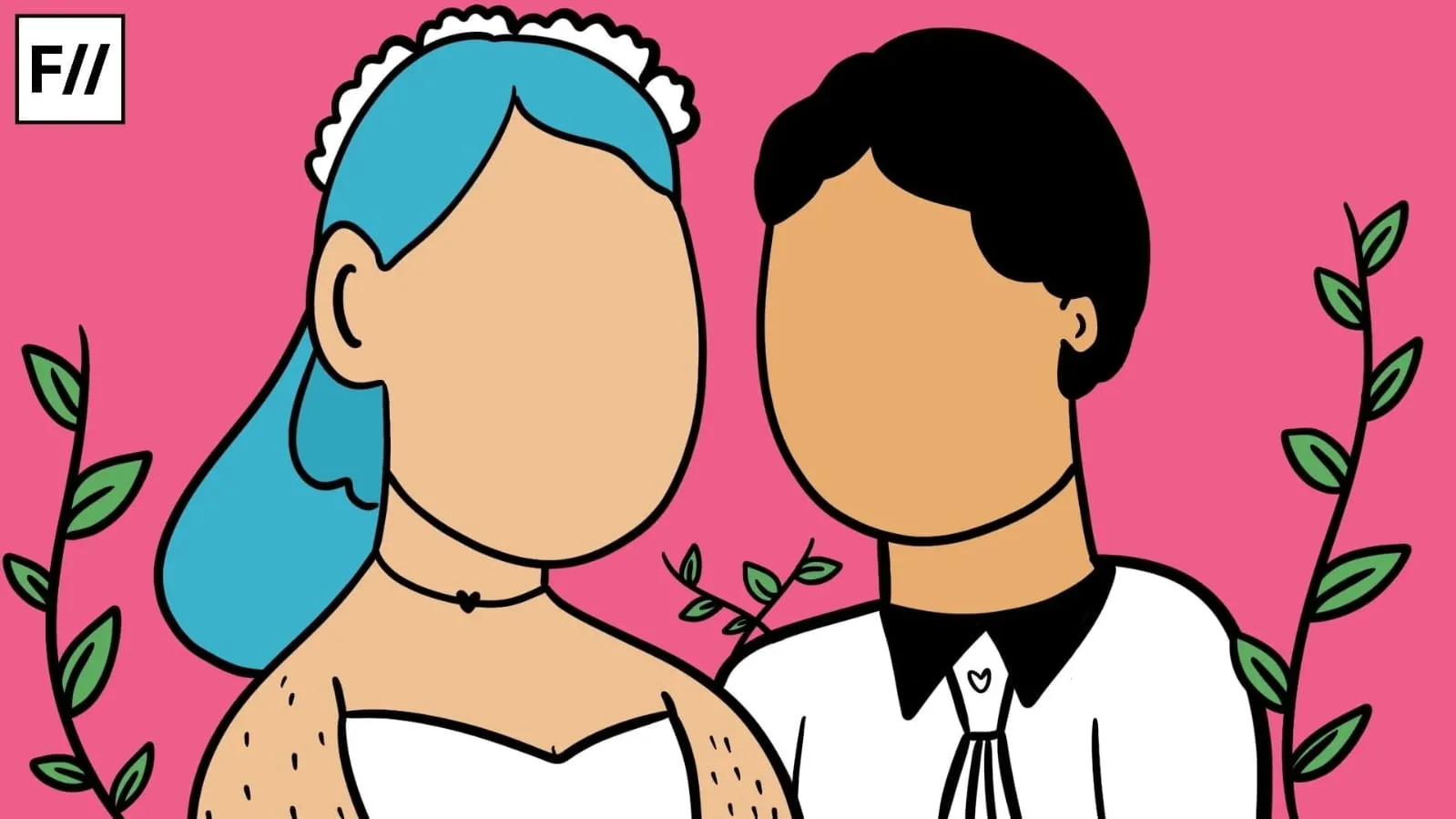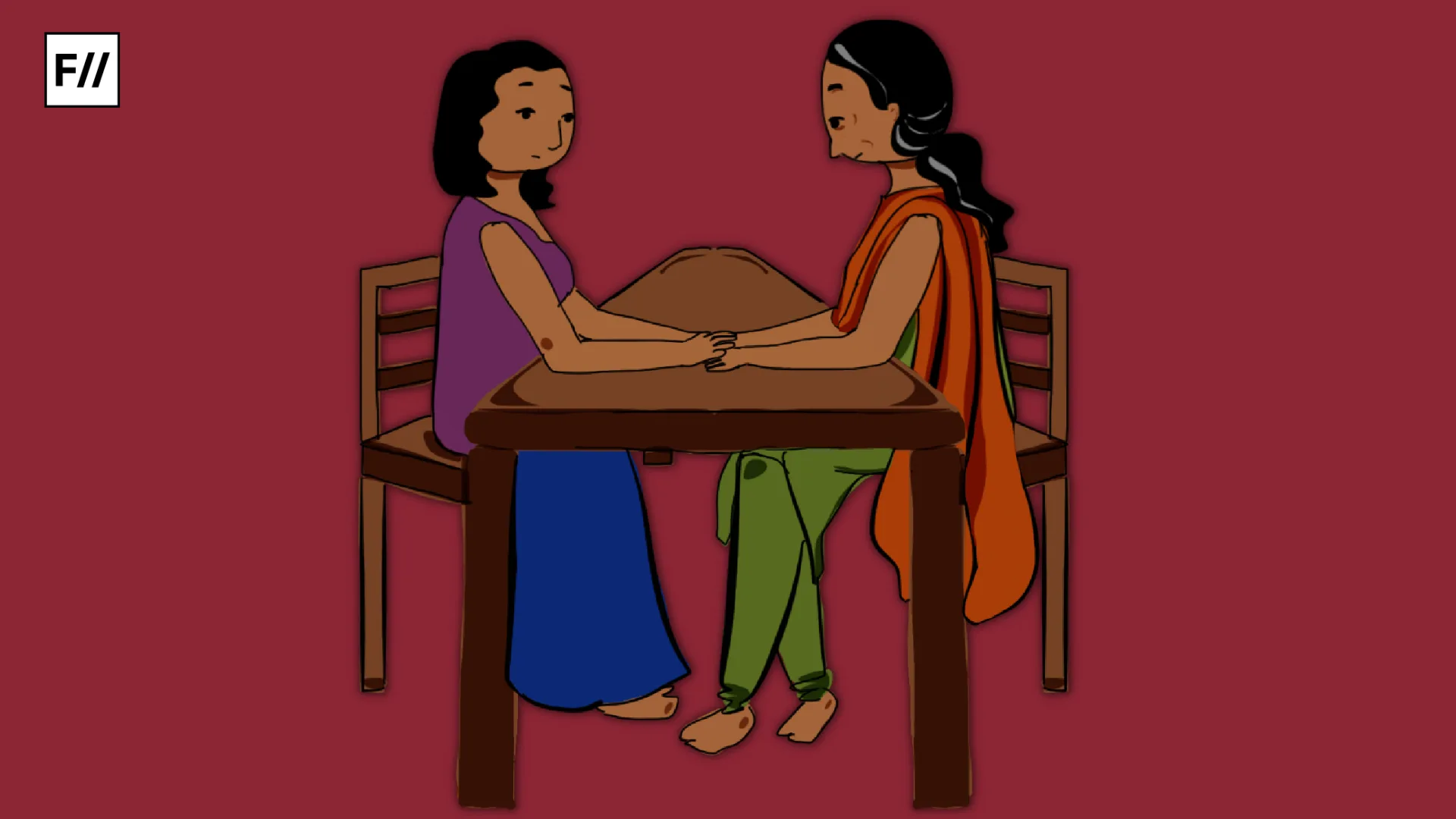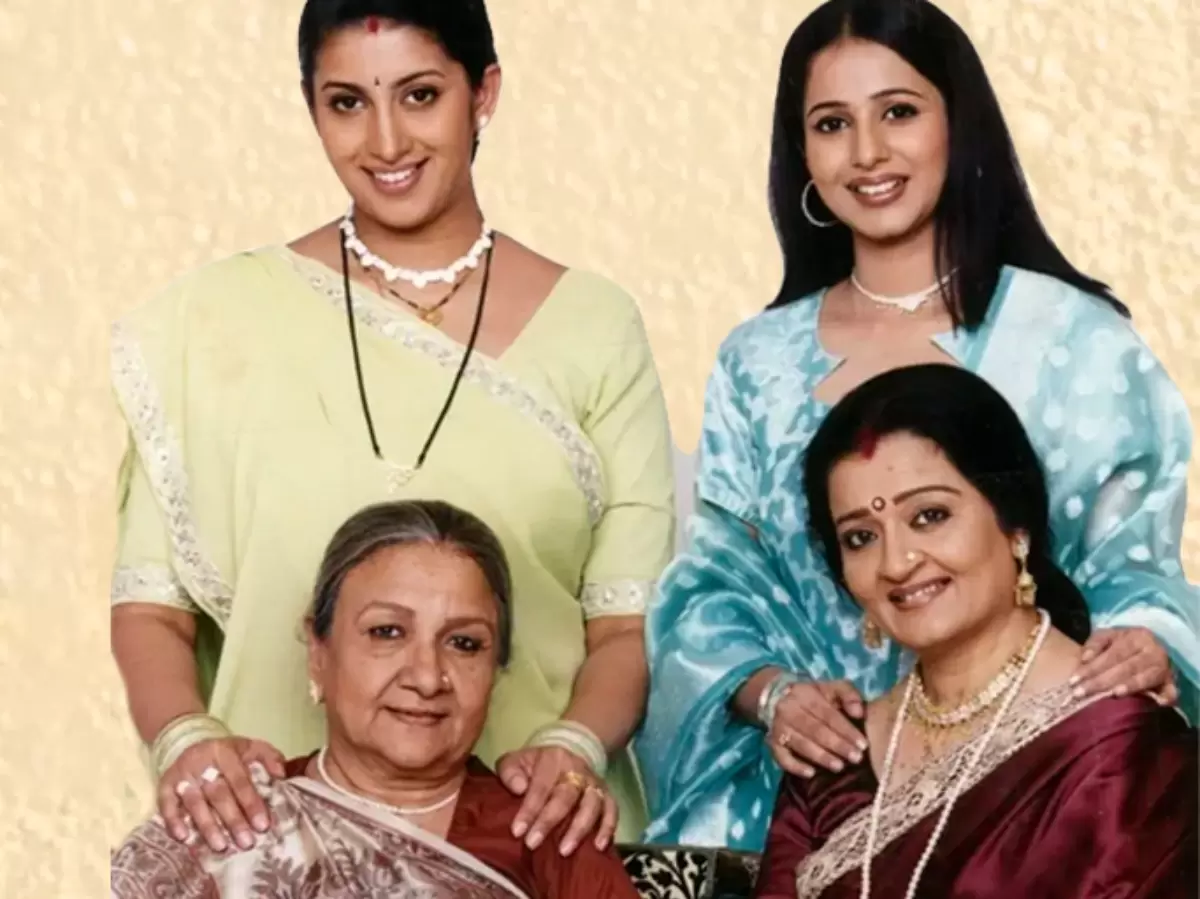What does motherhood mean in the modern world? And how do women navigate the gap between who they are and who they’re told to be?
For generations, the image of a mother in India was built around sacrifice. Bollywood immortalised this ideal—from Nandini Raichand’s graceful self-denial in Kabhi Khushi Kabhie Gham to Shashi’s quiet transformation in English Vinglish. A good mother was someone who put her family before herself—without complaint or question.
But the story is changing. Today’s mothers—especially millennial women—are pushing back against outdated expectations. In films like Tumhari Sulu, we see new narratives emerge: a woman who dares to dream beyond the kitchen, who falters under the weight of trying to have it all.

Fiction often mirrors the emotional terrain of real life—especially for today’s millennial mothers. Millennial moms, who are educated, and have careers are caught in the crossfire between tradition and modernity—raising children while also navigating careers, emotional well-being, and societal judgment in an age of social media perfection.
For their mothers and grandmothers, the concept of burnout or postpartum depression was unfamiliar—mental health simply wasn’t part of the conversation. They accepted their role as primary caregivers not as a choice, but as a natural obligation.
For their mothers and grandmothers, the concept of burnout or postpartum depression was unfamiliar—mental health simply wasn’t part of the conversation.
But now Indian millennial moms are contending with guilt, isolation, and a crushing mental load. Mental health support remains sparse, while societal dismissal and silence persist. The WHO reports that 22% of Indian mothers experience postpartum depression—yet shame, stigma, and lack of systemic support keep most of them suffering in silence.
Work-life balance or guilt on loop?
Work-life balance has become an almost mythical pursuit for many mothers. They’re expected to excel in their careers while performing the invisible labour of caregiving—often without flexibility or recognition.
Mona Garg, a full-time professional and mother of a five-month-old, is navigating a similar immense pressure that comes with limited maternity leave.
She says, ‘There are only six months of maternity leave, and it’s hard to trust someone with your baby in such early stages. I feel I’ve had to sacrifice my social life and career entirely. I hope my workplace offers flexibility or remote work when I return, but right now, I have no idea how I’ll balance motherhood and my job.’
Similarly, Sunita Tiwari, a part-time professional currently expecting her second child, says, ‘I had to step away from my job after getting pregnant. Since then, I’ve only been working part-time, which often isn’t seen as ‘real work’ in Indian households. With a premature baby born during the COVID-19 lockdown, returning to full-time work or relying on daycare just didn’t feel like an option.’
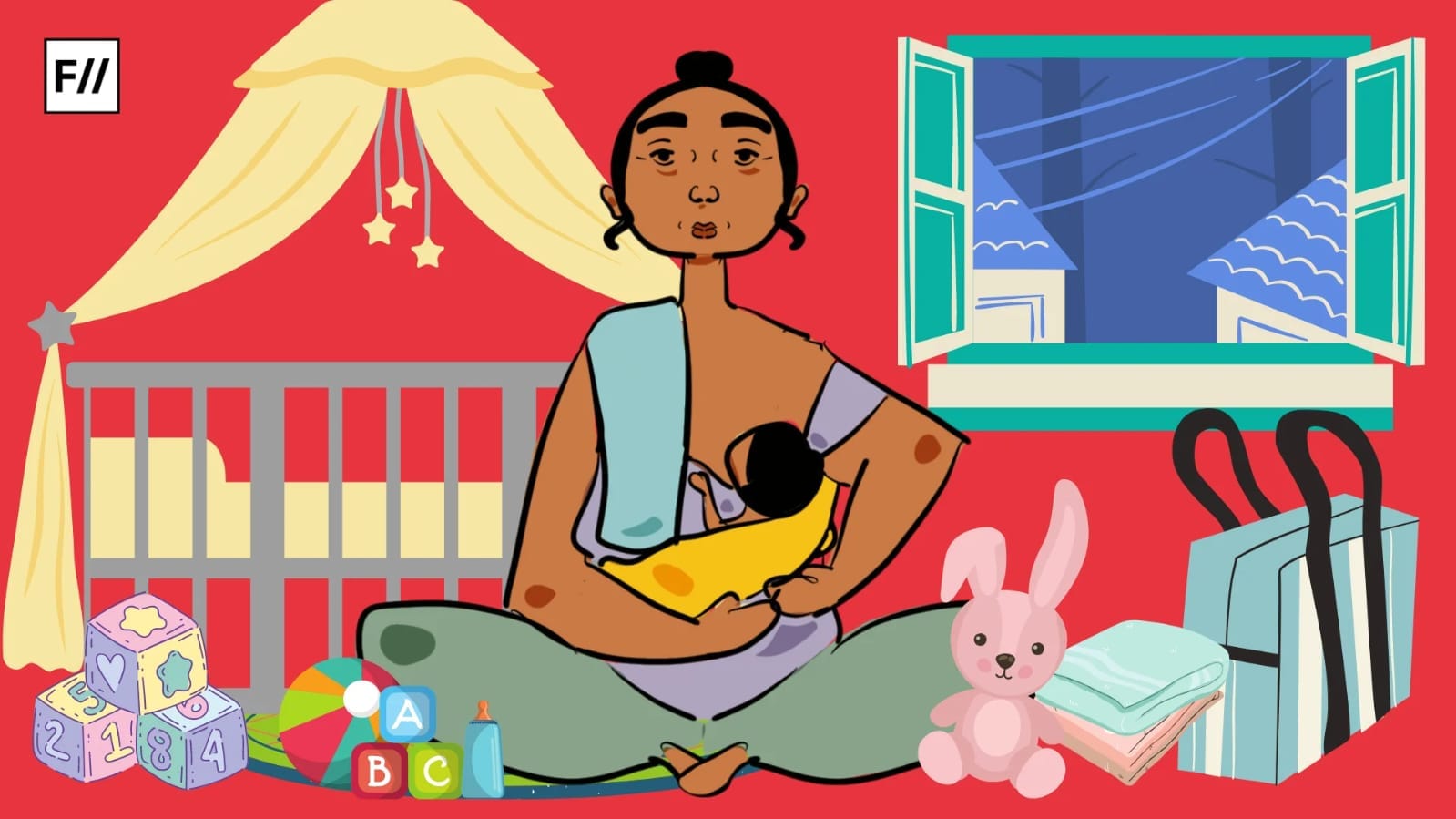
‘If you focus on your work, you feel guilty as a mother. If you take a long break, people question your ambition. It’s a constant dilemma,‘ she added.
Gunjan Pathak, an engineer and mom to a toddler, says she’s grateful for the flexibility of working from home.
But even that comes with trade-offs. ‘There are moments when I can’t give my daughter the time she needs, and that fills me with guilt. I worry that my unavailability might affect her behaviour,’ she confesses.
The mirage of co-parenting
For many Indian millennial mothers, co-parenting is more of an ideal than a lived reality. Although gender roles within families are gradually shifting, the assumption that women must take primary responsibility for childcare remains largely intact.
Although gender roles within families are gradually shifting, the assumption that women must take primary responsibility for childcare remains largely intact.
Even as conversations about parenting equality grow, many mothers continue to juggle the bulk of domestic responsibilities alone—feeling unsupported and emotionally stretched.
Initially, when Garg conceived and the baby was delivered within a few days her husband was supportive. But once he resumed work, he slowly checked out.
She says, ‘I kept thinking—maybe he’s tired. I didn’t want to burden him. But now, it’s a habit for him to not help at all.’
Despite trying to communicate her needs, Garg feels her concerns are brushed aside. ‘He goes out, parties, and comes home at 5 AM. I’ve given up my social life completely. I’m the only one making sacrifices.‘
She adds, ‘There’s nothing—apart from breastfeeding—that a partner can’t do. But somehow, it’s all considered the mother’s job. From emotional bonding to diaper changes, society expects it from one person. And we normalise it.’
Pathak echoes a similar sentiment of inequality in co-parenting and worries her daughter will inherit these patriarchal notions of caregiving.
Pathak echoes a similar sentiment of inequality in co-parenting and worries her daughter will inherit these patriarchal notions of caregiving.
‘When she sees me cooking, I can’t help but think she’s internalising that this is what’s expected of women. It’s subtle, but constant.‘
Furthermore, she points out that even in modern households the idea of co parenting is skewed, ‘When my friends say their husbands are ‘helping,’ I always think—they’re not helping, they’re parenting. Both of us brought this child into the world. Why should only one parent carry the load?‘
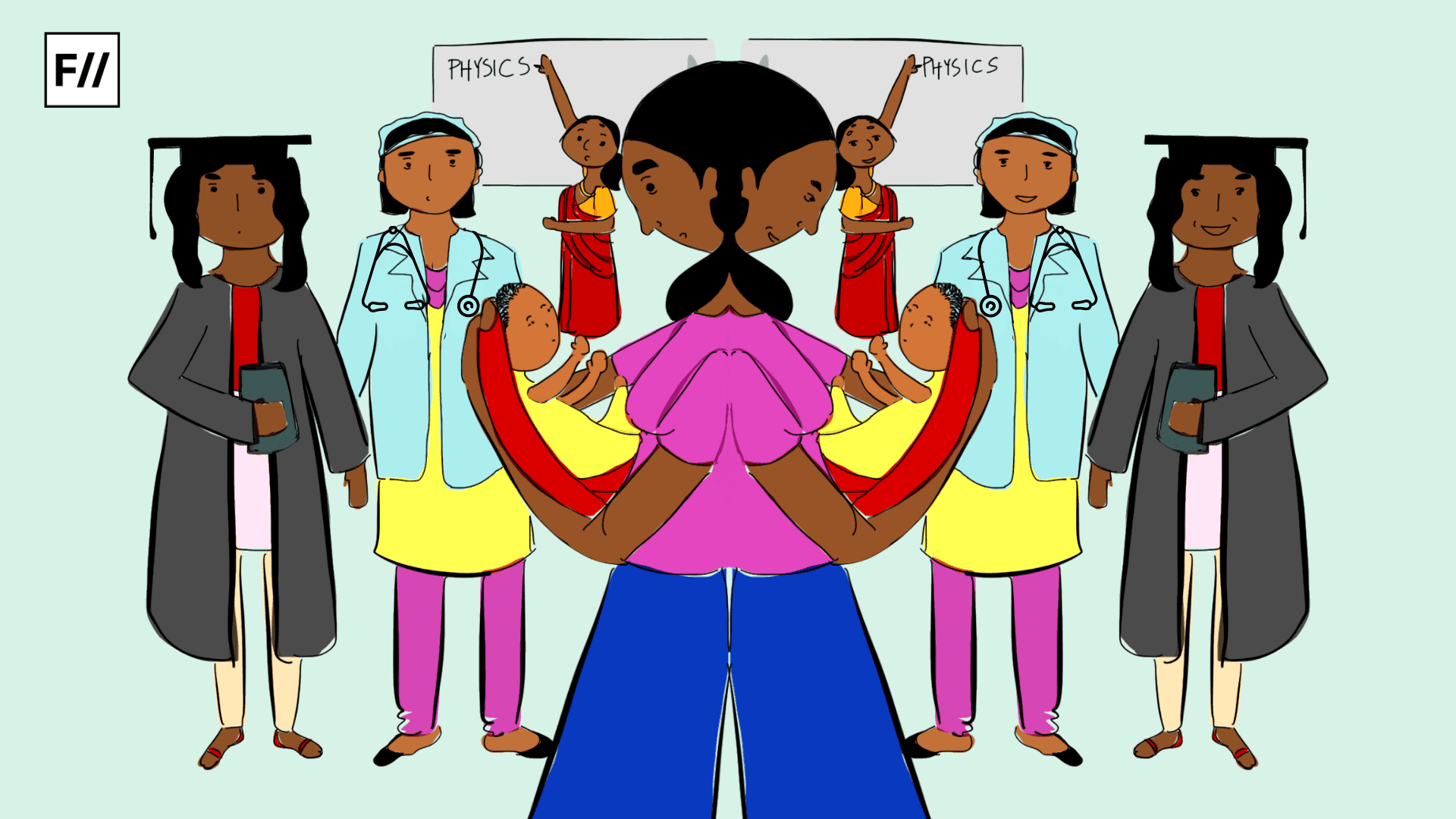
Furthermore, she says, ‘Mothers always talk about waking up early and managing kids—fathers rarely do. I’ll believe in co-parenting in India when dads start saying the same things.‘
Dr. Mrudula Akki, a counselling psychologist with 20 years of experience, says co-parenting looks different today than it did in older generations, but the mindset hasn’t shifted enough.
‘We still live in a patriarchal society,’ she says.
‘Fathers do participate in childcare—changing diapers, carrying the baby, or giving the mother a break—the default responsibility still falls on the mother. She’s expected to lead caregiving from birth through early schooling. Fathers may help, but often only when it fits their schedules. For mothers, care work isn’t optional or scheduled around office hours—it’s constant and non-negotiable,’ she adds.
Mental health, social media, and the pressure to be perfect mothers
While mental health is gaining more attention, discussions around maternal mental health are still largely missing from mainstream narratives. In urban settings, where support systems are weak and isolation is common, the emotional toll of motherhood is further amplified by societal pressure and social media comparisons.
In urban settings, where support systems are weak and isolation is common, the emotional toll of motherhood is further amplified by societal pressure and social media comparisons.
Shreya Mitra, a lawyer by profession but now runs a postpartum depression (PPD) awareness initiative on social media after her own traumatic experience, says the lack of conversation around maternal mental health is alarming.
‘I had no idea PPD existed,’ she admits. ‘I lived a dual life for eight months, thinking I was the problem. I was terrified people would judge me for not enjoying motherhood.‘
Talking about her overwhelming covid pregnancy journey, Tiwari says ‘It was just me and my husband. There was no domestic help, no social circle, no break. I used to feel so depressed and lonely.‘
‘People didn’t get it—they’d dismiss my feelings by saying things like, ‘You’re not the only one who’s done this’ or ‘You’re overreacting.’ I was prepared for career sacrifices, but I hadn’t anticipated how intense the emotional toll would be,’ she adds.
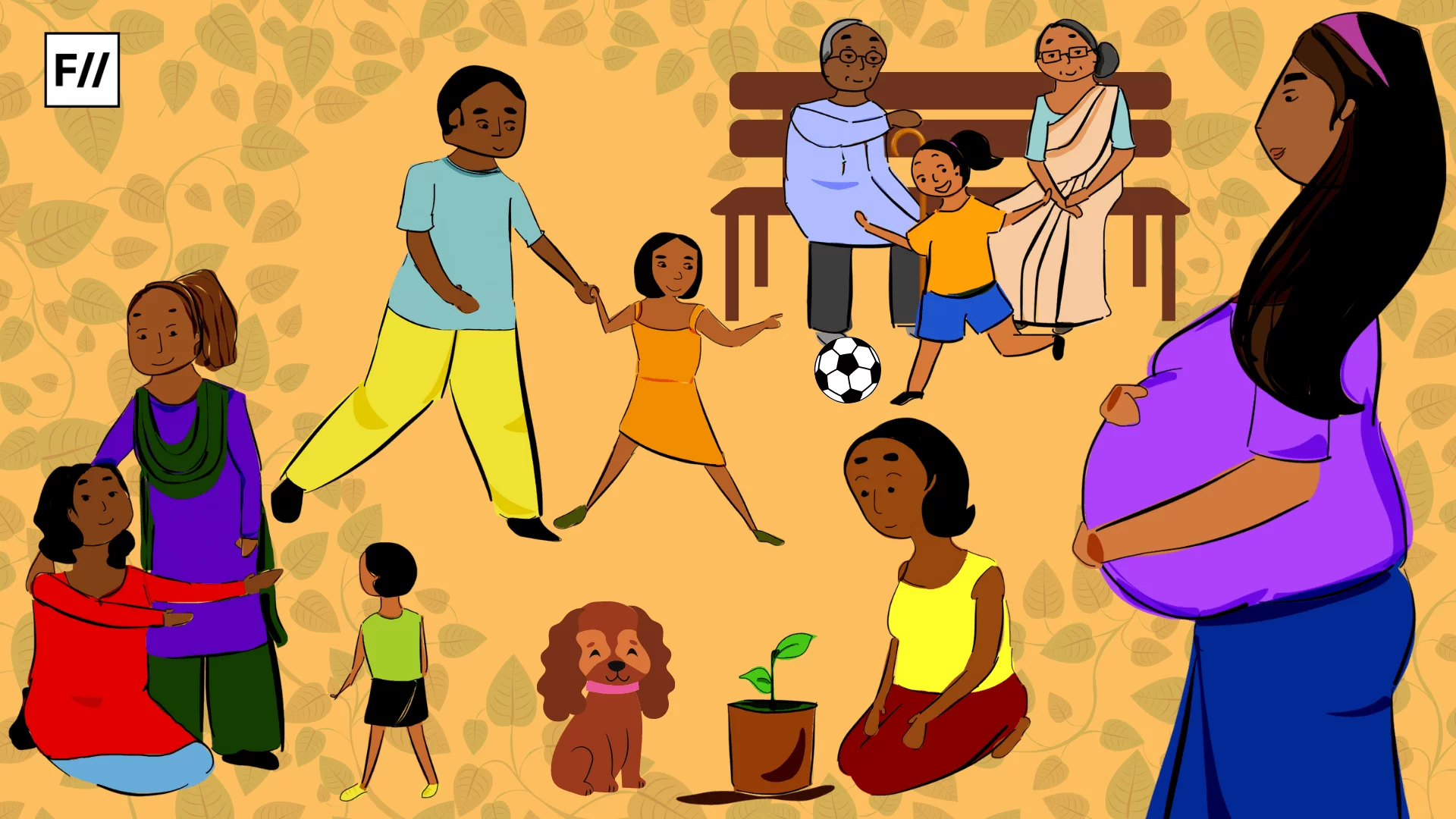
Pathak says people invalidate how moms feel and judge them on their parenting styles.
She says, ‘People don’t hold back on judgment. I’ve been criticised for not giving my child a phone, and relatives have made insensitive comments about my daughter’s weight, saying things like, ‘Lagta hai saara tu hi kha rahi hai, isko toh kuch de hi nahi rahi hai. (Looks like you’re eating all the food and not feeding her.)‘ I just smile and shrug off their comments but I do feel hurt.
The pressure on women is now not just offline—social media amplifies. Between choreographed lunch boxes and picture-perfect holidays, many moms begin to question their own adequacy.
‘I’ve seen my friends spiral after watching parenting reels. They see other moms travelling with toddlers or doing elaborate activities and wonder, ‘Why can’t I manage that?’ Then the guilt sets in, and it chips away at their self-worth,‘ says Tiwari.
Similarly, another challenge for moms is city life which often means four walls and very few people to lean on. For mothers, this isolation becomes more than just quiet—it becomes a burden. With limited social interaction and minimal support networks, many mothers are left to navigate the pressures of parenthood in isolation.
With limited social interaction and minimal support networks, many mothers are left to navigate the pressures of parenthood in isolation.
Sharing her own experience of loneliness, Garg says, ‘I have no neighbours or close friends nearby, it’s just me and the baby the whole day alone which makes me feel even more lonely.’
Societal pressure and the lack of empathy around maternal mental health often prevent women from recognising postpartum depression in themselves.
Dr. Akki explains that postpartum depression is often also dismissed because of cultural narratives around motherhood. ‘Birth is celebrated as a happy occasion, so if a mother expresses distress, it’s brushed off as tiredness. People rarely pause to ask if she’s truly okay.‘
Mitra, who often shares her PPD journey on social media, says people regularly troll her by making comments like that she is breaking families and is spreading propaganda by creating awareness about PPD.
Dr. Akki advises mothers to let go of the ‘superwoman’ ideal which is a very unrealistic standard that society has internalised among women.
She says, ‘You are already doing enough. Don’t isolate yourself—talk about your experiences. Reach out, ask for help, and remember: you’re not alone.’
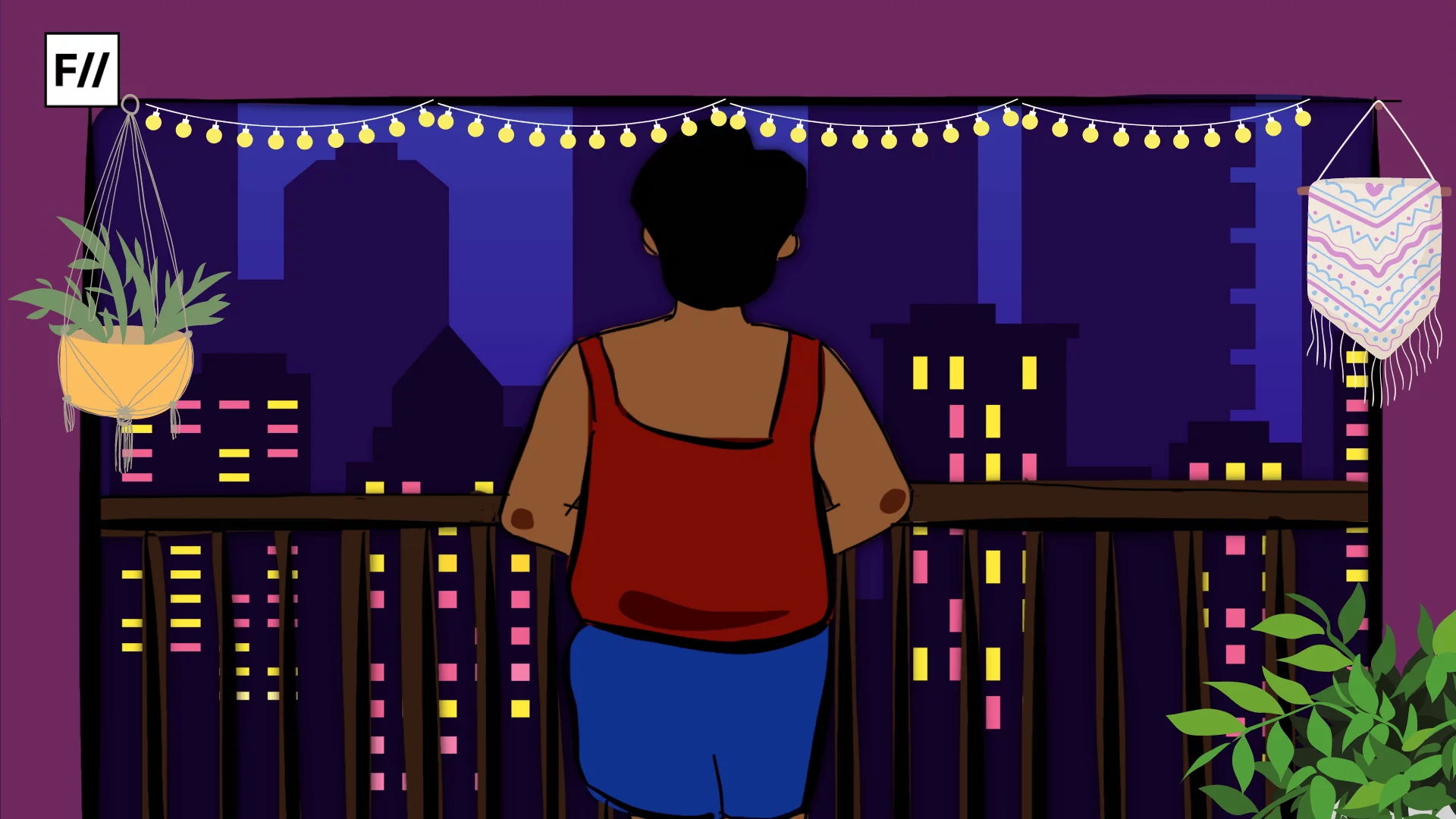
She also advocates for improved mental health screenings—pointing out that most hospitals conduct evaluations within two days of childbirth, far too early to detect symptoms that often appear months later.
Today’s mothers aren’t just trying to “have it all”—they’re asking why they must carry it all alone. The answer lies not in self-sacrifice, but in systemic change and shared responsibility. Until we normalise support, mental health care, and real co-parenting, the myth of the perfect mom will keep breaking real women.
